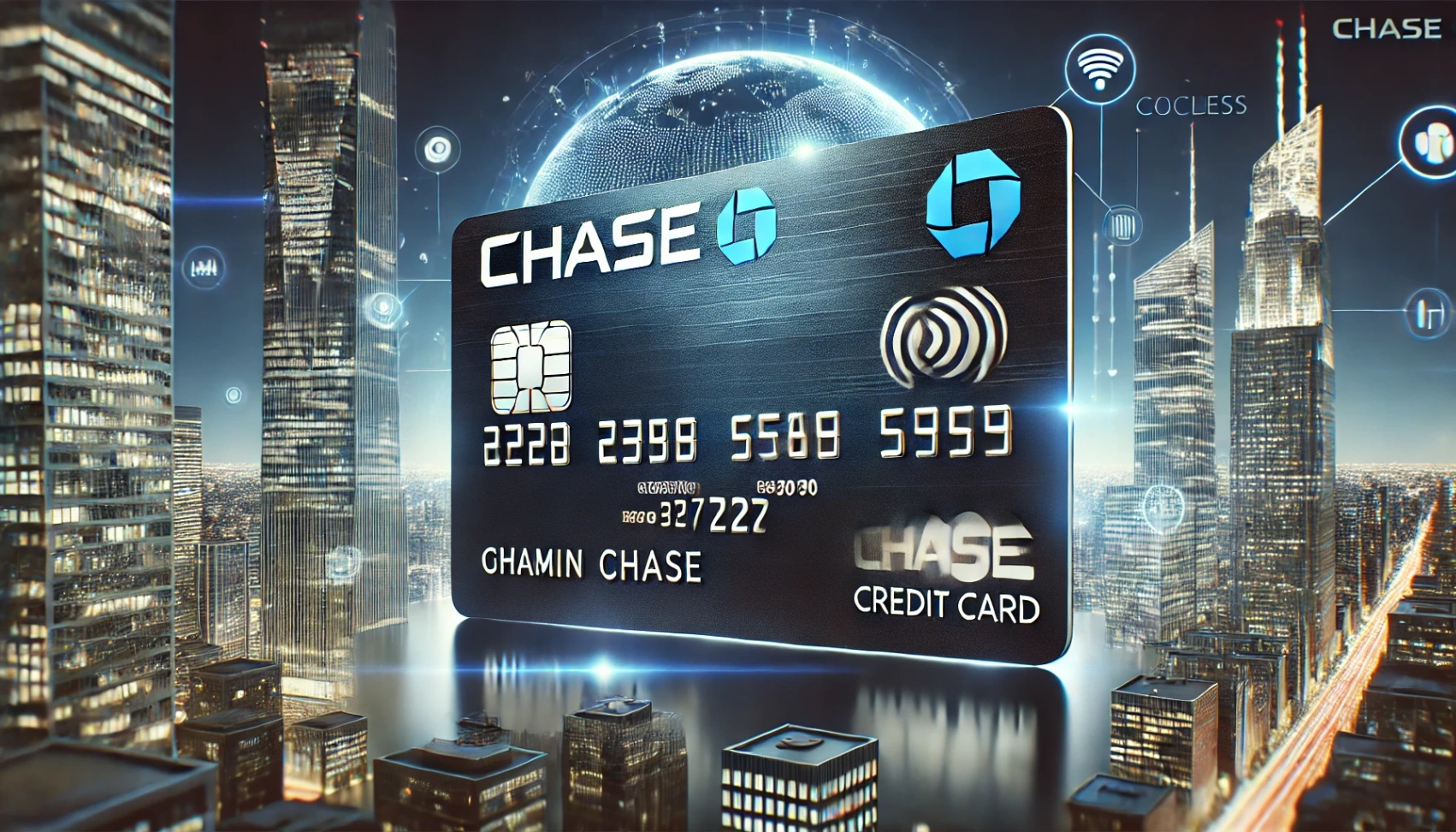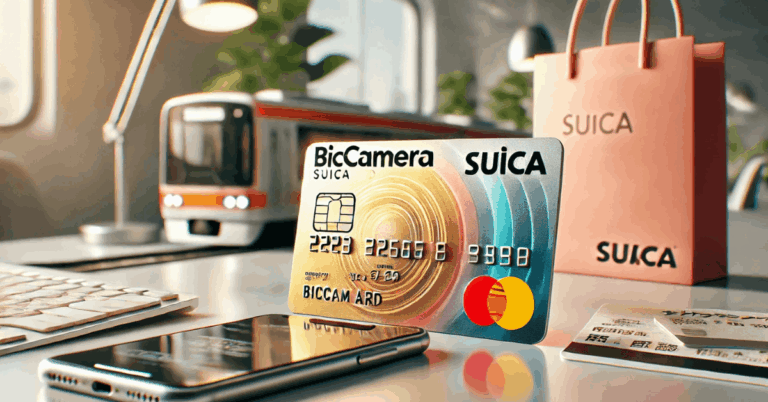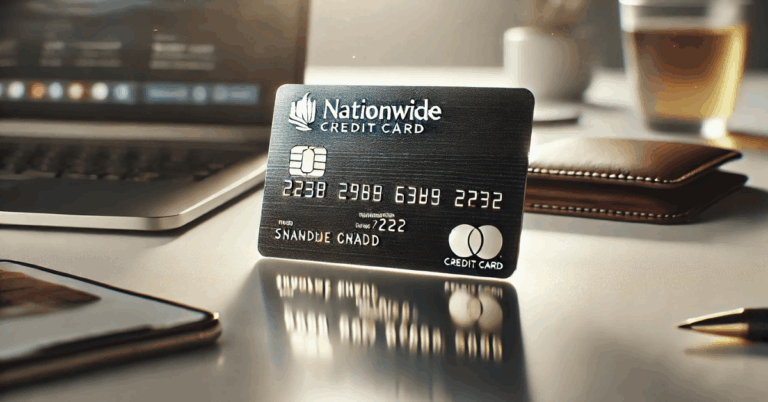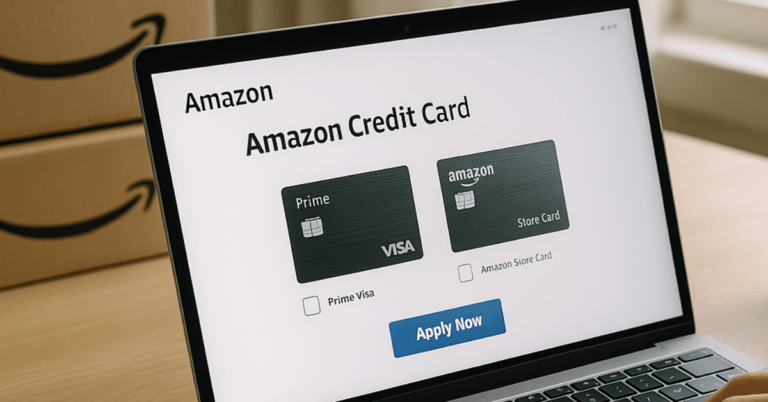Looking into a Chase credit card? You’re likely after solid rewards, flexible perks, or a reliable card that works wherever you go.
Here’s a quick breakdown of what these cards offer and how to apply without wasting time.
Skip the Fluff – Why Chase Might Be Worth It
Below are why many people stick with Chase and why it might be the right fit for you.
- Wide card variety – Whether you want cashback, travel rewards, or points, Chase has multiple options for different spending habits.
- Strong welcome bonuses – Many cards offer sign-up bonuses that make a difference, especially if you hit the spending requirement early.
- Reliable customer service – Chase has a solid reputation for support, with 24/7 access and quick response times.
- Useful partner perks – Some cards give discounts or bonuses with services like DoorDash, Lyft, and Instacart.
- Easy-to-use mobile app – Managing your account is simple with real-time alerts, card lock/unlock, and payment tools.
- Accepted almost everywhere – Chase cards run on Visa, meaning they’re accepted worldwide without issue.

What Chase Cards Offer
Chase cards come with features that go beyond basic spending.
If you’re choosing a card, it’s important to know what you’ll actually get and how those benefits can work for you in your daily life.
Here’s a clear look at what Chase credit cards typically offer:
- Cashback or points on purchases – Earn rewards on travel, dining, groceries, and gas categories.
- Chase Ultimate Rewards® portal – Redeem points for flights, hotels, cash back, gift cards, or transfers to travel partners.
- No annual fee options – Some cards skip yearly fees while offering strong rewards.
- Intro APR periods – Certain cards offer 0% APR for purchases or balance transfers for the first 12–15 months.
- Purchase and travel protection – Includes things like extended warranties, trip delay reimbursement, and lost luggage insurance.
- Built-in fraud detection – Real-time alerts, zero-liability protection, and the ability to lock your card instantly.
- Mobile banking tools – An easy-to-use app for payments, statements, alerts, and budget tracking.
- Partner perks – Some cards give bonuses with Lyft, DoorDash, Instacart, or streaming services.
Perks That Make a Difference
Some credit card perks look good, but don’t help much. Chase offers a few that people use—and they’re worth it. Here are the ones that matter:
- Big signup bonuses – Hit a spending target and earn rewards, often worth a few hundred dollars.
- Flexible point use – Redeem for cash, travel, or gift cards without restrictions.
- Extra value with Chase Travel – Some cards boost point value when used on their travel portal.
- Point transfers – Move points to airlines or hotels like United or Hyatt for better deals.
- Free DashPass – Get savings on food delivery for up to a year with select cards.
- Travel and rental protection – Coverage for trip delays, cancellations, and rental cars.
- No foreign transaction fees – Great for international use without extra charges.
Is This Card Right for You?
Chase cards aren’t one-size-fits-all. Before applying, check if your lifestyle and credit profile match what they’re built for.
Here’s who they work best for:
- You have good to excellent credit – Most Chase cards require a solid credit score, usually 670 or higher.
- You spend consistently each month – Rewards and bonuses pay off more when you use the card regularly.
- You want flexible reward options – If you value cashback, travel, or point transfers, Chase delivers.
- You’re okay managing credit responsibly – Carrying a balance with a high APR can cancel out the card’s benefits.
- You like using mobile tools – Chase’s app and alerts are helpful if you prefer managing money from your phone.
- You travel often or shop online – Many perks like travel protections and purchase coverage kick in here.
- You don’t want too many annual fees – Both no-fee and premium options depending on your needs.

What You Need to Apply
Before applying for a Chase credit card, ensure you have the basic info ready. This helps speed up the process and avoids delays. Here’s what you’ll need:
- Full legal name – Use the name that appears on your ID.
- Social Security Number (SSN) or ITIN – Needed for credit checks and identity verification.
- Date of birth – You must be at least 18 years old.
- Residential address – A U.S. mailing address where you receive bills.
- Email and phone number – This is for account updates and contact information.
- Employment status – Whether you’re employed, self-employed, or unemployed.
- Total annual income – Your full income before taxes.
- Monthly housing payment – Rent or mortgage amount you pay.
Walk Through the Application
The online application form takes just a few minutes, and most people get a response right away. Here’s how it works step by step:
- Choose your card – Go to Chase’s website and pick the card that fits your needs.
- Click “Apply Now” – This starts the secure online application process.
- Enter your info – Provide your name, address, SSN or ITIN, date of birth, and contact details.
- Add financial details – Include your annual income and monthly housing cost.
- Review the terms – Make sure you understand the rates and fees.
- Submit the form – You’ll get an instant decision or a message saying they’ll review it.
- Watch your email or mail – If it’s not instant, you’ll be notified of the result, usually within 7–10 days.
Know the Costs Before You Swipe
Before you start using your Chase credit card, it’s important to know the costs associated with it.
Some fees are avoidable, others aren’t—but they all matter if you want to manage your card wisely. Here’s what to keep in mind:
- APR (Annual Percentage Rate) – If you carry a balance, most cards have a variable APR between 20% and 30%.
- Annual fee – Some cards are free; others, especially premium ones, can charge up to $550 a year.
- Balance transfer fee – Typically around 3% to 5% of the amount transferred.
- Cash advance fee – Usually 5% of the amount or a fixed dollar minimum, whichever is greater.
- Late payment fee – Charged if you miss the due date, often up to $40.
- Foreign transaction fee – Some cards charge 3% on international purchases; travel cards often skip this.
- Penalty APR – If you miss payments, your rate could jump to a higher penalty APR.
Contact Information
If you need help with your Chase credit card or have questions, here’s how to reach them:
- Customer Service Phone Number: 1-800-432-3117
- Email Support: Log in at chase.com and send a secure message through your account dashboard.
Wrap-Up
Chase credit cards offer reliable features, real rewards, and flexible options for different spenders.
Whether you’re looking for cashback, travel perks, or a simple card to build credit, a Chase card will likely suit you.
If it sounds like the right match for you, apply today.
Disclaimer
Card features, fees, and terms may change anytime and vary by card type.
Always check the official Chase website for the most current and accurate information before applying.












